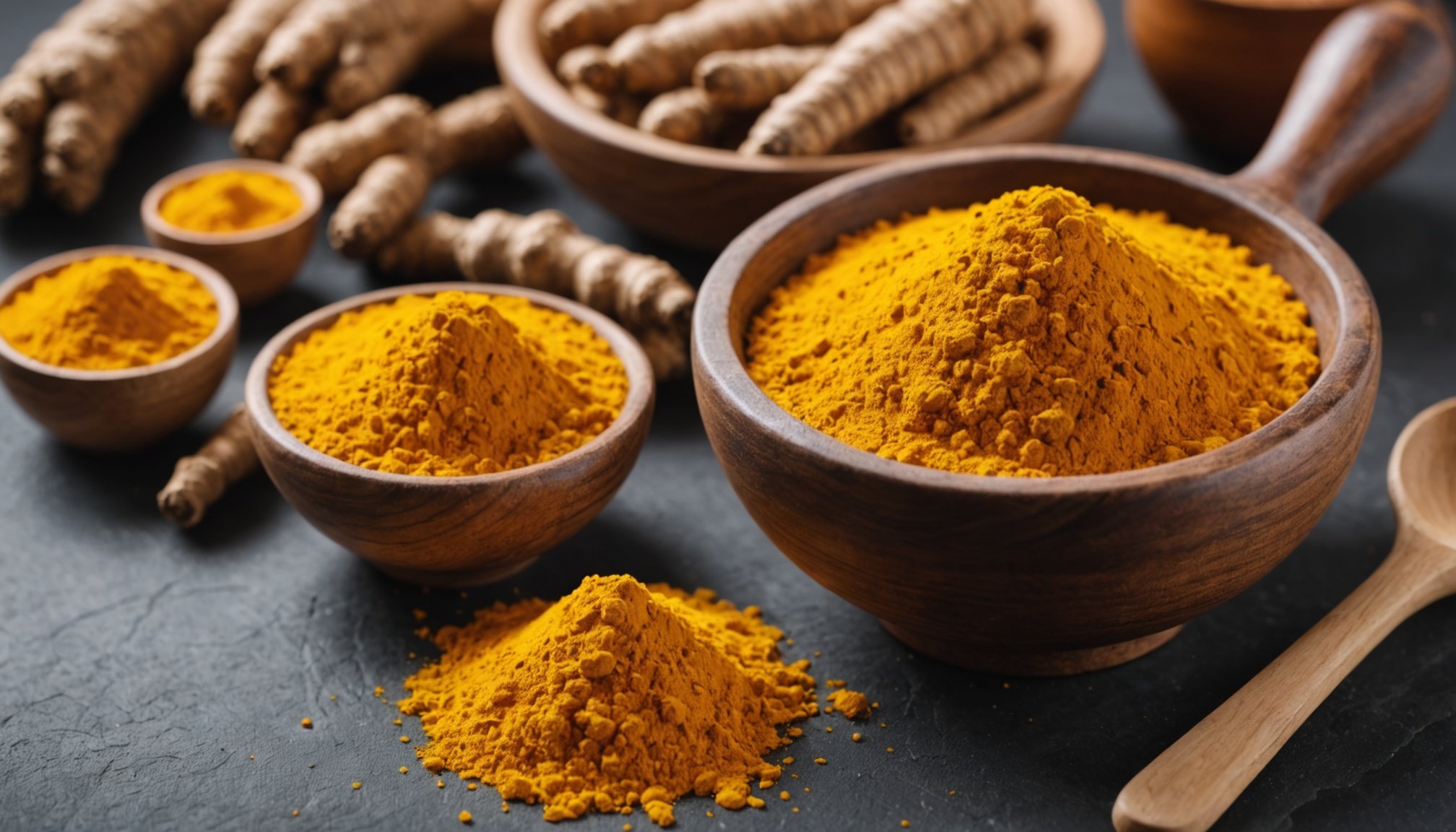Overview of Rheumatoid Arthritis and Inflammation
Rheumatoid arthritis (RA) is a chronic autoimmune disorder characterized by persistent joint inflammation. It primarily affects the lining of the joints, causing painful swelling that can eventually lead to bone erosion and joint deformity. This condition is prevalent globally, affecting around 1% of the population, with a higher incidence in women.
The role of inflammation in RA is pivotal to understanding its progression. Inflammation is the body’s natural response to injury and pathogens. In the case of RA, the immune system mistakenly attacks healthy tissue, leading to prolonged inflammation. This uncontrolled inflammatory response causes damage over time, exacerbating the symptoms.
Topic to read : Unlocking Healing: The Transformative Power of Art for Those with Post-Traumatic Stress Disorder
Managing inflammatory markers is key to controlling the adverse health impacts of RA. Effective management often includes medication, lifestyle changes, and regular monitoring of inflammatory markers like C-reactive protein (CRP) and erythrocyte sedimentation rate (ESR). These markers are crucial for assessing disease activity and the effectiveness of therapy.
Educating individuals on the importance of monitoring and managing these markers is essential. Doing so can help mitigate symptoms, slow disease progression, and enhance the quality of life for those living with RA.
Also read : Transforming Spinal Cord Injury Recovery: The Potential Benefits of Aquatic Therapy
Understanding Curcumin and Its Properties
Curcumin, a vibrant yellow compound, is primarily found in turmeric, a spice that has been a cornerstone of Ayurvedic and traditional medicine for centuries. Derived from the root of the Curcuma longa plant, curcumin is praised for its health-enhancing properties and is extensively researched for its potential therapeutic benefits.
One of the standout features of curcumin is its anti-inflammatory properties. This is critical in the modern health landscape, as chronic inflammation is implicated in various diseases such as arthritis, cardiovascular diseases, and metabolic syndrome. Curcumin acts by modulating inflammation pathways in the body, effectively reducing inflammation and potentially alleviating related symptoms.
Curcumin’s mechanisms of action in the body offer insight into its efficacy. It inhibits the molecules and enzymes responsible for inflammation, such as cyclooxygenase-2 (COX-2) and nuclear factor-kappa B (NF-κB). Additionally, it scavenges free radicals and boosts the body’s own antioxidant enzymes, further contributing to its anti-inflammatory effects.
Understanding these internal processes highlights curcumin’s potential as a natural therapeutic agent. Embracing its use, particularly through dietary integration, opens up avenues for managing inflammation naturally, presenting a promising addition to a health-conscious lifestyle.
Scientific Studies on Curcumin’s Effects on Inflammatory Markers
The exploration of clinical studies surrounding curcumin offers fascinating insights into its potential as an anti-inflammatory agent. These studies delve deep into curcumin’s effects on various inflammatory markers, providing valuable contributions to the field of research.
Summary of Key Research Findings
Numerous curcumin research projects have been conducted, focusing on its impact on diseases like rheumatoid arthritis (RA). Key findings indicate that curcumin can significantly reduce levels of pro-inflammatory cytokines. This reduction contributes to alleviating inflammation in patients, offering a promising alternative to traditional treatments.
Relevant Clinical Outcomes
The clinical studies reveal that curcumin holds potential not just in decreasing inflammation but also in improving joint function and reducing pain. Many trials have reported favorable outcomes, showcasing curcumin’s efficacy and safety profile in managing inflammatory diseases.
Comparisons with Other Anti-inflammatory Treatments
When compared to conventional anti-inflammatory treatments, curcumin research underscores its role as a potent natural alternative. It often matches, or even exceeds, the effectiveness of standard medications without the accompanying side effects. Notable studies demonstrate curcumin’s capability to modulate inflammatory markers, placing it on par with, if not ahead of, other treatments in its class.
Recommended Dosages and Administration of Curcumin
Curcumin dosage plays a crucial role in its effectiveness. For general wellness, studies often suggest a daily intake of 500 to 2000 mg of curcumin, although the exact amount may vary based on individual needs and health conditions. When considering supplementation, it’s vital to understand the form in which curcumin is taken, as it greatly affects absorption.
Curcumin supplements are available in various forms, including capsules, tablets, and liquids. Each form has its own administration methods. Capsules and tablets are often favored for their precision in dosing, while liquid forms may be beneficial for those with swallowing difficulties.
One of the main challenges with curcumin is its low natural bioavailability. Its absorption can be influenced by a multitude of factors including the presence of piperine, which is derived from black pepper and is often included in supplements to enhance absorption. Consuming curcumin with a meal containing fat can also aid in increasing its efficacy.
It’s important to assess personal health conditions and consult with a healthcare professional to establish an appropriate curcumin dosage plan and administration methods suited to individual needs. This ensures optimal benefits from this potent compound.
Incorporating Curcumin into Daily Diet
Adding curcumin to your daily diet can be a delightful experience with the right approach. Understanding the best dietary sources and integrating them can simplify the process.
Tips for Adding Curcumin to Meals
Including curcumin in meals is easier than it seems. Opt for dietary sources such as turmeric powder, which can be added to a variety of dishes. Try sprinkling turmeric over roasted vegetables or incorporating it into soups and stews. Curcumin is fat-soluble, so pairing it with healthy fats like olive oil or coconut milk can boost absorption. Also, consider combining it with black pepper; a compound called piperine enhances curcumin absorption significantly.
Culinary Recipes Featuring Curcumin
Culinary recipes are abundant and versatile. For a lifestyle integration, make a smoothie with almond milk, a teaspoon of turmeric, a dash of cinnamon, and honey. Or, create a vibrant curry using turmeric as a base spice. When making rice, add a pinch of turmeric for both color and health benefits.
Lifestyle Considerations for Compliance
Consistency is essential for reaping benefits. Set reminders to include turmeric in daily meals. Prepare a meal plan that easily incorporates turmeric into your diet, ensuring regular consumption without added hassle. Engaging with online communities or curated cookbooks can provide inspiration and keep you motivated in achieving a curcumin-rich diet.
Limitations and Potential Side Effects of Curcumin
Curcumin, while renowned for its benefits, presents several side effects warranting careful consideration. For most, consumption of curcumin is harmless; however, individuals may experience mild digestive issues such as nausea or diarrhoea when taken in large doses. These side effects generally occur when curcumin is consumed in excess and may prompt users to adjust their intake.
It is vital to acknowledge potential interactions with medications. Those taking anticoagulants, for example, should be aware of curcumin’s blood-thinning properties, potentially heightening the risk of bleeding. Additionally, curcumin might influence blood sugar levels, posing contraindications for individuals on diabetes medication.
Some should take extra precautions. Pregnant or breastfeeding women and those with gallbladder diseases should be cautious. It’s prudent for these individuals to consult a healthcare provider before embracing curcumin in their routine. Such professional guidance ensures safe usage, mitigating risks posed by any unseen interactions with existing health conditions or medications. This cautionary note is essential for informed decision-making.
With curcumin’s wide-ranging potential, knowing when to seek expert advice ensures benefits are reaped with minimal risk. Balancing its advantages against possible adverse effects is crucial for making health-conscious decisions.
Conclusion: The Role of Curcumin in Rheumatoid Arthritis Management
Curcumin has shown promising benefits for individuals managing rheumatoid arthritis (RA). Notably, its potential in inflammation management is the most significant aspect, potentially alleviating joint pain and stiffness. Research indicates that curcumin can inhibit specific molecules essential in the body’s inflammation process. This characteristic is pivotal for RA patients, offering hope for an improved quality of life.
Despite these promising outcomes, there remains a pressing need for future research to fully understand curcumin’s capabilities and limitations. While current studies suggest curcumin could be beneficial, they also highlight the variability in the compound’s effectiveness due to individual health conditions and the purity of curcumin products.
It’s imperative for RA patients considering adding curcumin to their regimen to consult healthcare professionals. Such discussions ensure that any dietary changes align with their overall treatment plan. Acknowledging the complex nature of RA and individual differences emphasizes cautious healthcare guidance.
In summary, curcumin holds promise as a complementary approach to traditional RA treatments. Its role in systematic inflammation management warrants attention, but further studies are necessary to cement its position within established medical protocols. Always prioritize professional medical advice when considering supplements.











